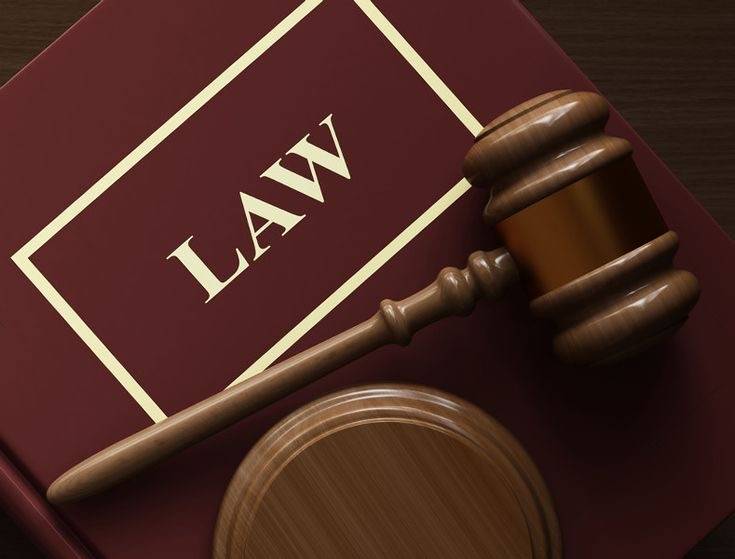The Interplay of Law and Government: A Complex Relationship
Law and government are inextricably linked, forming the backbone of any organized society. Law provides the framework within which governments operate, ensuring order, justice, and the protection of individual rights. In turn, governments are responsible for enacting, interpreting, and enforcing laws.
The Role of Law in Government
Law serves several crucial roles in government:
- Legitimizing Power: Law provides a legal basis for the exercise of government power. By adhering to the rule of law, governments can ensure that their actions are justified and accepted by the people.
- Protecting Rights: Laws are designed to protect the fundamental rights and freedoms of individuals, such as the right to life, liberty, and property.
- Resolving Disputes: Legal systems provide mechanisms for resolving disputes peacefully, whether through mediation, arbitration, or litigation.
- Promoting Social Justice: Laws can be used to address social inequalities and promote justice, such as through anti-discrimination laws and affirmative action programs.
- Economic Regulation: Governments use laws to regulate economic activity, protect consumers, and promote economic growth.
The Influence of Government on Law
Governments play a significant role in shaping the legal landscape:
- Lawmaking: Legislatures, such as parliaments and congresses, are responsible for enacting laws. They deliberate on proposed legislation, debate its merits, and ultimately vote on its passage.
- Law Interpretation: Courts interpret laws and apply them to specific cases. Their decisions can clarify the meaning of laws and establish legal precedents.
- Law Enforcement: Executive branches of government, such as police forces and regulatory agencies, are tasked with enforcing laws. They investigate crimes, apprehend offenders, and impose penalties.
The Dynamic Relationship Between Law and Government
The relationship between law and government is dynamic and constantly evolving. As societies change, so too do their legal systems. Governments must adapt to new challenges and emerging issues by enacting new laws or amending existing ones.
Furthermore, the interpretation and application of laws can vary over time, reflecting changing social values and political priorities. For example, advancements in technology have led to new legal challenges, such as cybercrime and data privacy.
In conclusion, law and government are intertwined in a complex and multifaceted relationship. Law provides the framework for government action, while government shapes the legal landscape. By understanding this interplay, we can better appreciate the role of law in society and the importance of good governance.



